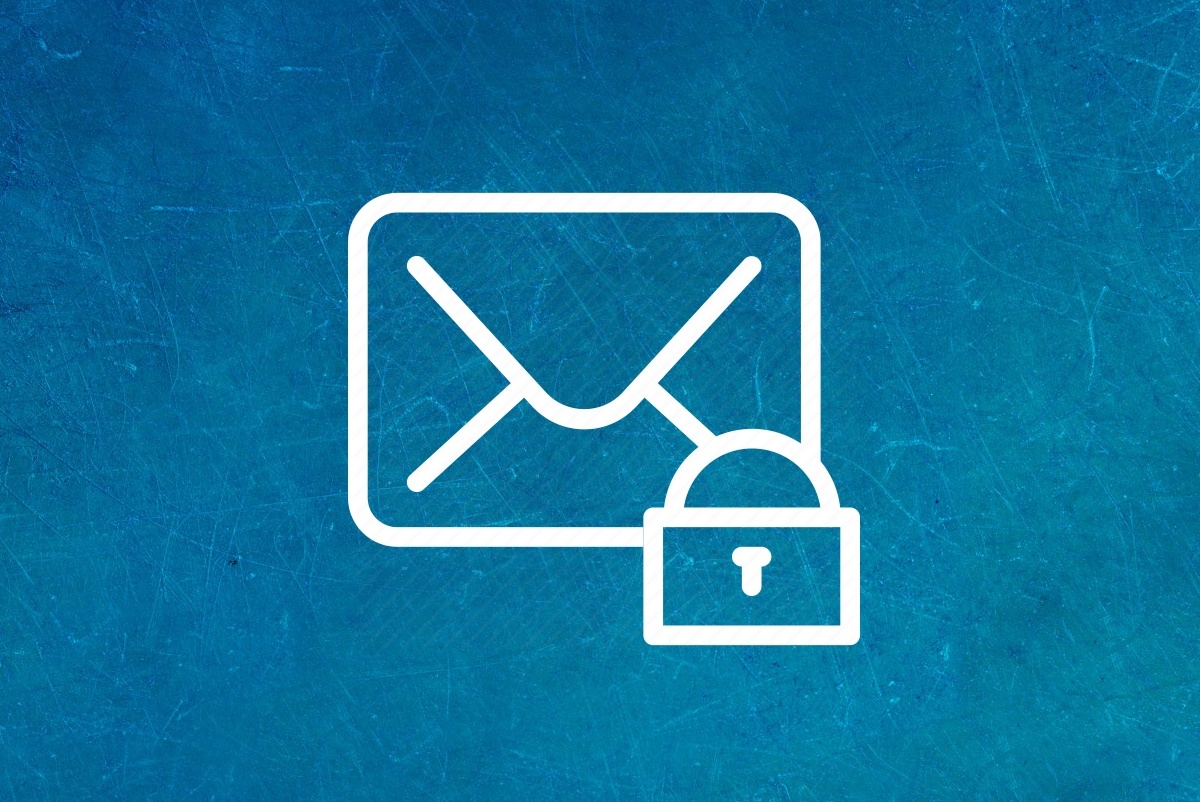The Best Solutions to Protect Your Email Address with Disposable Emails
With the increasing use of the internet, our personal information is more at risk than ever. Email addresses, in particular, have become a prime target for spam and cyberattacks. To protect your data, a simple and effective solution is to use disposable emails. We will explore this option in detail, its advantages, and how it can effectively protect you.
What is a Disposable Email?
A disposable email is a temporary address that you can use to receive messages for a limited period. Unlike a standard email address, a disposable email can be deleted at any time, making it particularly useful for online registrations or transactions where you do not want to share your personal email address.

Advantages of Disposable Emails
-
Spam protection: When you sign up for newsletters or online services with a disposable email, you avoid exposing your main address to spam.
-
Enhanced anonymity: A disposable email helps protect your anonymity online. It is particularly useful when browsing unsecured websites.
-
Ease of use: Most disposable email services are free and do not require complex setup.
How Do Disposable Emails Work?
Disposable emails work similarly to standard emails, but with a key difference: their limited lifespan. When you generate a temporary address, it is active for a defined period (often between 10 minutes and a few days). During this time, you can receive emails, after which the address becomes obsolete.
Steps to Use a Disposable Email
-
Choose a disposable email service: There are several online services like Guerilla Mail, Temp Mail, or 10 Minute Mail.
-
Generate a temporary address: Once on the site, a single click allows you to create a new address.
-
Use the address for sign-ups: You can use the generated address for any online sign-up requiring email verification.
-
Receive and read emails: Emails sent to this address are accessible directly on the disposable email service's website.
Diagram of How Disposable Emails Work
When to Use a Disposable Email?

Disposable emails are not designed for everyday use, but they are very handy in certain situations. Here are some use cases:
-
Signing up for newsletters: Some newsletters are interesting, but they can quickly become intrusive. A disposable email allows you to easily unsubscribe by deleting the address.
-
Free trials of online services: Many online services offer free trials requiring email verification. A disposable email helps you avoid receiving commercial offers afterward.
-
Downloading files: It's common to provide an email address to access certain downloads. Using a disposable address limits exposure of your real email.
Limitations of Disposable Emails
Despite their many advantages, disposable emails have a few drawbacks worth noting:
-
Limited lifespan: If you need to retrieve an email after the validity period, you won’t be able to.
-
Limited compatibility with some services: Some websites block email addresses from temporary services to avoid fraudulent registrations.
-
No backup of emails: Once the email has expired, all associated content is lost.
How to Choose the Best Disposable Email Service?
There are many services offering disposable emails, but not all are created equal. Here are a few criteria to consider when choosing the best one:
-
Ease of use: Choose a service that’s easy to use without too many ads or pop-ups.
-
Security: Ensure that the service has a secure connection (HTTPS) to protect your information.
-
Email lifespan: Some services allow you to choose the lifespan of the address, which can be useful depending on your needs.
-
Compatibility with online services: Some services are better accepted than others by websites requiring email verification.
Conclusion
Disposable emails are a simple yet effective solution for protecting your main address and limiting spam. They also offer an additional level of anonymity and are perfect for short-term registrations. By choosing the right disposable email service, you can safely browse the internet without compromising your personal data.



